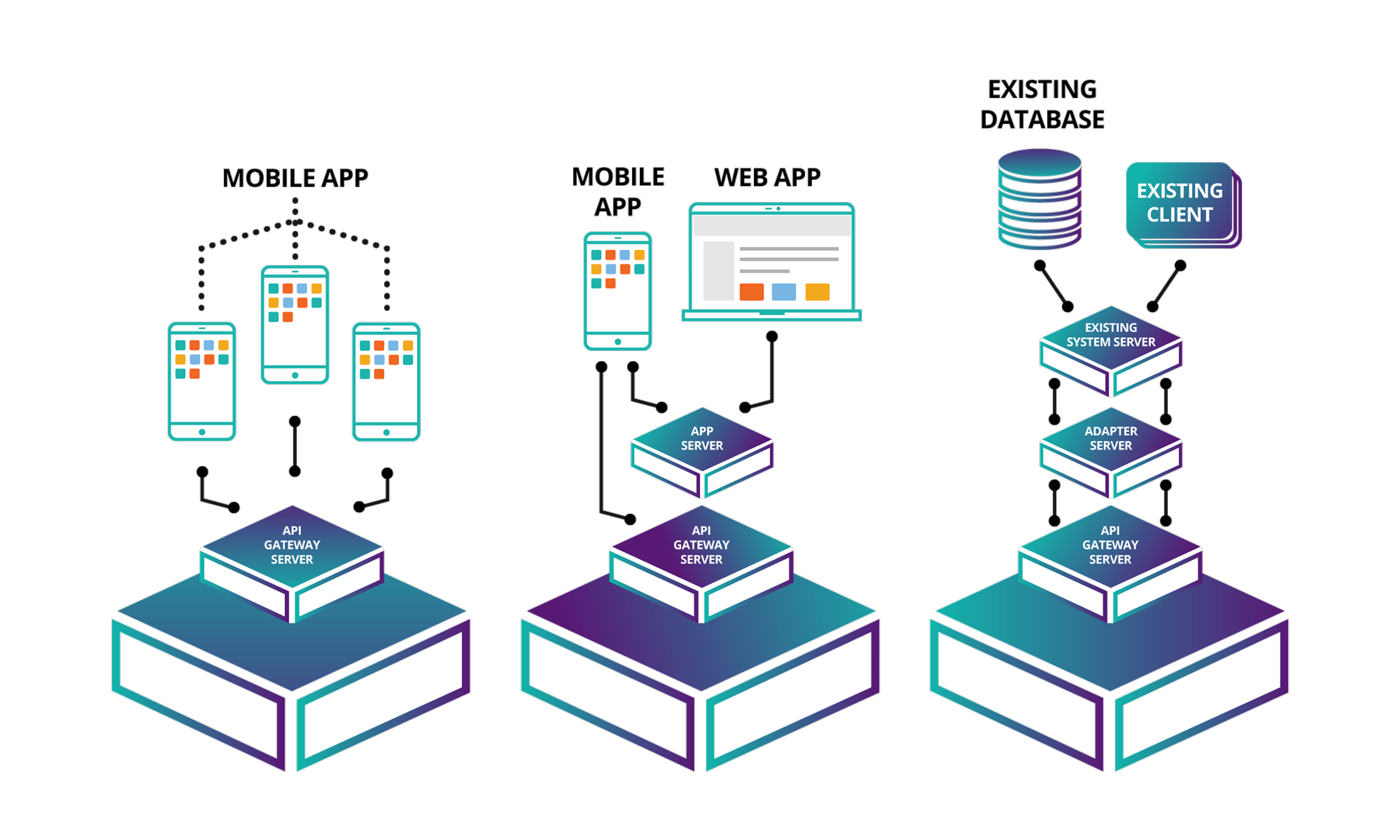What is Sirius Chain
Blockchain Reimagined and Evolved
Sirius Chain is a developer-friendly blockchain platform. Rather than forcing you to write your own “smart contract” code from scratch, Sirius Chain gives you direct access to a specialized set of tested and secure on-blockchain features.
Sirius Chain is suitable for an amazing variety of solutions of different classes, such as direct public transactions via a streamlined smartphone app, efficient cloud services that connect client or web applications, as well as a high-performance permissioned enterprise back-end for business-critical record keeping.
The Smart Asset System
Architecting on Sirius Chain
Sirius Chain nodes provide a powerful, stable and secure platform where smart asset transactions are conducted, searched, and immutably logged to the blockchain ledger.
All the features are available through the API interface on each node in the network itself. This means that the blockchain can be used to create a variety of architecture solutions with lightweight code in any language.

Mobile app direct access
A lightweight app directly interfaces with blockchain features.
Client/server model
A gateway server manages blockchain usage for a client app or web service.
Legacy system integration
A gateway server links existing business contract logic, systems, or databases to the blockchain ledger.
Public and Private

Sirius Chain provides both a decentralized, open and self-sustaining public blockchain that can be used by anyone – as well as a permissioned/private blockchain solution that can be provisioned specifically for your use on your servers when speed and privacy are the priorities.

